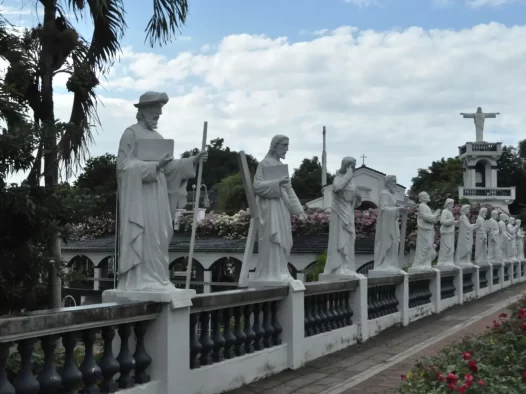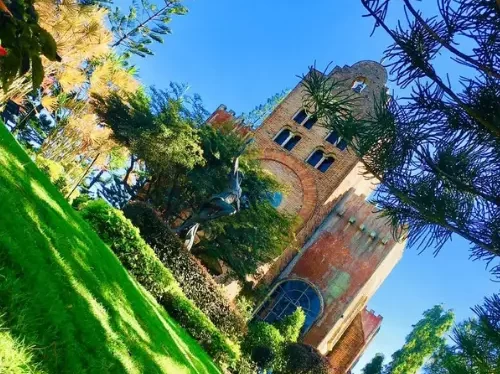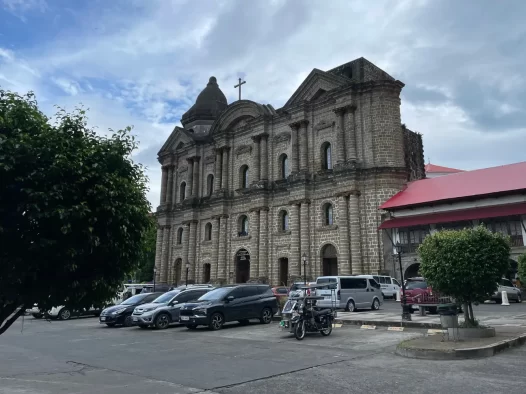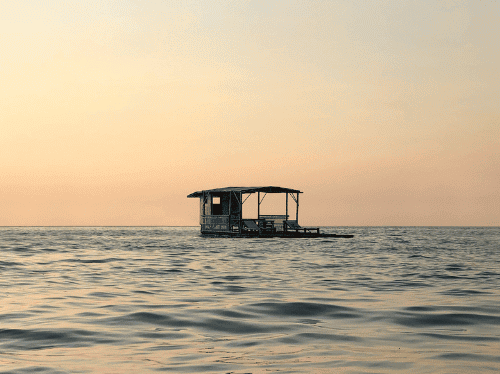Lipa City
Lipa City, a rapidly expanding urban center in the Philippines, is gaining increasing prominence as a vital hub for various sectors, including administration, healthcare, commerce, finance, agro-industry, and residential activities. Notably, the Department of Science and Technology-Information and Communications Technology Office (DOST-ICTO) and the Information Technology and Business Process Association of the Philippines (IBPAP) have recognized Lipa City as one of the “next wave cities,” particularly for its flourishing Business Processing Outsourcing (BPO) sector.
History and Heritage
Before the Spanish arrived in the 16th century, Lipa City’s history was already rich, with evidence of early inhabitants, though their exact origin remains uncertain. Some historians speculate that the indigenous Aeta people may have been present, while others believe that members of the Bornean tribes, led by Datu Puti, could have arrived in the 12th century, adding to the city’s cultural tapestry.
The official establishment of Lipa as a municipality took place in 1702, and in 1716, it was declared a regular parish, with Fray Diego de Alday assuming the role of its first parish priest. The volcanic eruption of Taal Volcano in 1724 caused significant displacement, leading many individuals to seek refuge in Lipa, where they eventually settled. Over the following years, Lipa flourished as the heart of a thriving coffee industry, becoming the wealthiest municipality in the entire country.
The 20th century brought significant changes for Lipa. On June 20, 1947, the city achieved the status of a chartered city through the enactment of Republic Act No. 162, marking a milestone in its history and granting it more autonomy and opportunities for development.
Despite the city’s transformation, its rich cultural heritage remains evident. Lipa is still famously referred to as the “Little Rome of the Philippines” due to its numerous Catholic churches, convents, seminaries, Catholic schools, and retreat houses, preserving its significance as a religious center in the country.
With its storied past and progressive present, Lipa City continues to forge ahead as a vibrant and diverse urban hub, embracing both its historical roots and modern aspirations. The city’s journey from its early settlements to its present status as a chartered city showcases a remarkable tale of resilience, development, and cultural preservation.
If you prefer a hassle-free trip, you can rent a car or hire a private vehicle for more convenience and flexibility. Public transportation, such as buses and jeepneys, is also available and can be a more budget-friendly option.
Batangas: Where history, beauty, and resilience converge, creating a tapestry of captivating stories and unforgettable moments.
Lomi Festival
The Lomi Festival of Lipa City is a lively and gastronomic celebration that honors the city’s adored culinary treasure: “Lomi.” This annual event brings together locals and visitors to relish the flavorful noodle dish that holds a significant place in Lipa’s culinary heritage. The festival enlivens the streets of Lipa City with vibrant decorations, lively music, and the enticing aroma of simmering Lomi. Local restaurants, eateries, and food stalls engage in friendly competitions, presenting their distinct Lomi creations, all vying for the prestigious title of the best Lomi in town.
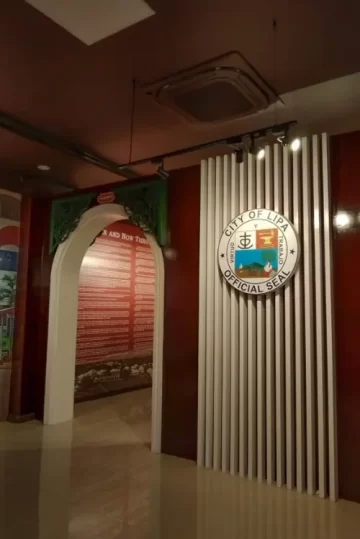
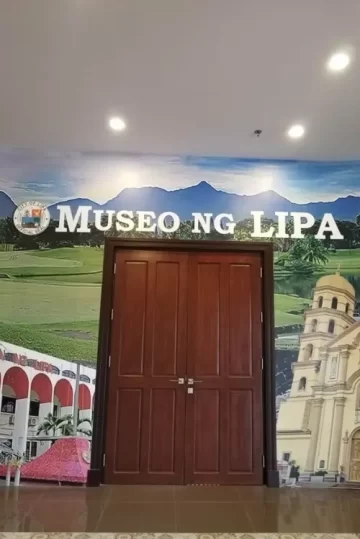
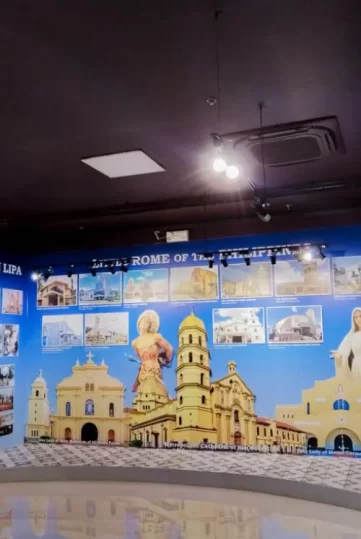
Local Attractions
Batangas in the Philippines offers a range of local attractions that cater to various interests. These are just a few of the attractions you can explore in Batangas. Whether you’re interested in history, nature, or relaxation, the city offers something for everyone.
Getting Around
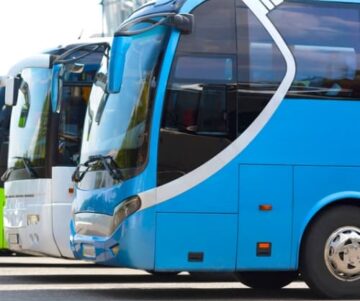
Buses
Buses provide transportation for longer distances, connecting Batangas with other regions and provinces. These buses have designated terminals and offer a more comfortable option for longer journeys.

Jeepneys
Jeepneys are a staple mode of public transportation in the Philippines. They are colorful, elongated jeeps that can carry multiple passengers. Jeepneys follow specific routes and have fixed fares.

Tricycles
These motorized vehicles consist of a motorcycle with a sidecar, which can accommodate around 3 to 4 passengers. Tricycles are commonly used for short trips within the city, and fares are usually negotiable.

